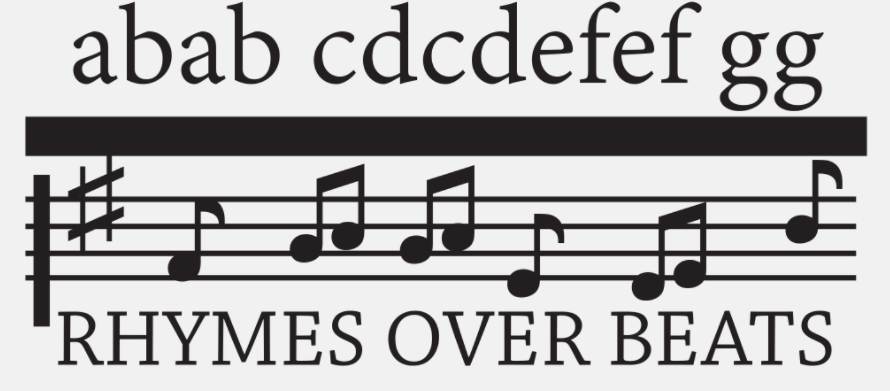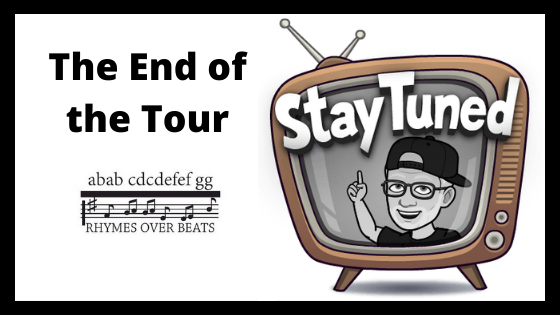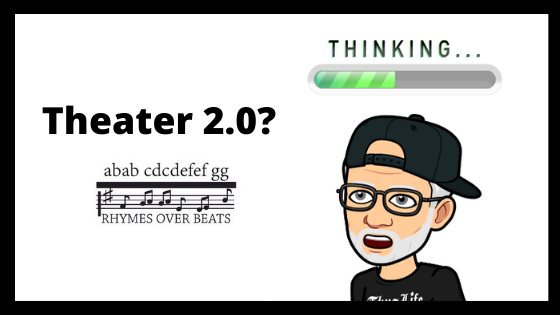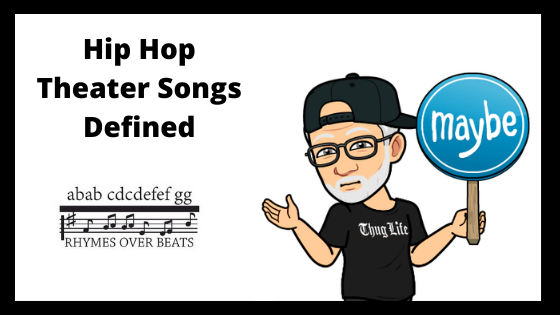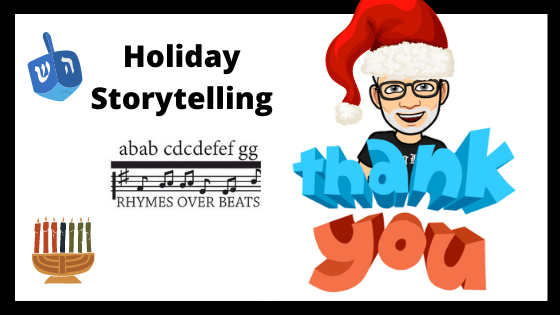
Holiday Storytelling
What’s Your Favorite Holiday Show?
We are entering the winter holiday season. The Winter Solstice, Christmas, Hanukkah, Kwanza are the ones I know about. I recently got an offer for tickets to a Christmas show some friends created called Estella Scrooge. It’s a retelling of the Charles Dickens story A Christmas Carol. I’m looking forward to watching it, and hope it goes into the list of things that I try and watch this time of year.
When I was reviewing my list of things to be watched, I noticed a trend. On my list was:
- A Christmas Carol
- A Christmas story
- Charlie Brown’s Christmas Story.
Pretty much all of them are stories celebrating one holiday. None celebrating any of the others.
I began to wonder, where are the holiday stories from other cultures? For example, I know the story of Hanukkah. It’s an inspiring story of faith and hope. Why is there no musical about it?
I tried to do some research to see that if in my cultural isolation there was something I missed and I’m just late to the party, but I couldn’t find anything. There should be plays and musicals celebrating all these holidays and more.
(If you know of one please let me know about it. If you don’t, I’d encourage you to write one. I hope that next year I’ll be able to talk about it.)
Goodbye 2020!
Like last year, I’ll be taking my annual winter break from blog writing. This will be my last blog until next year.
I want to thank everyone who has checked it out over the last year, and wish you a happy holiday, whichever one you celebrate!
See you in 2021!
